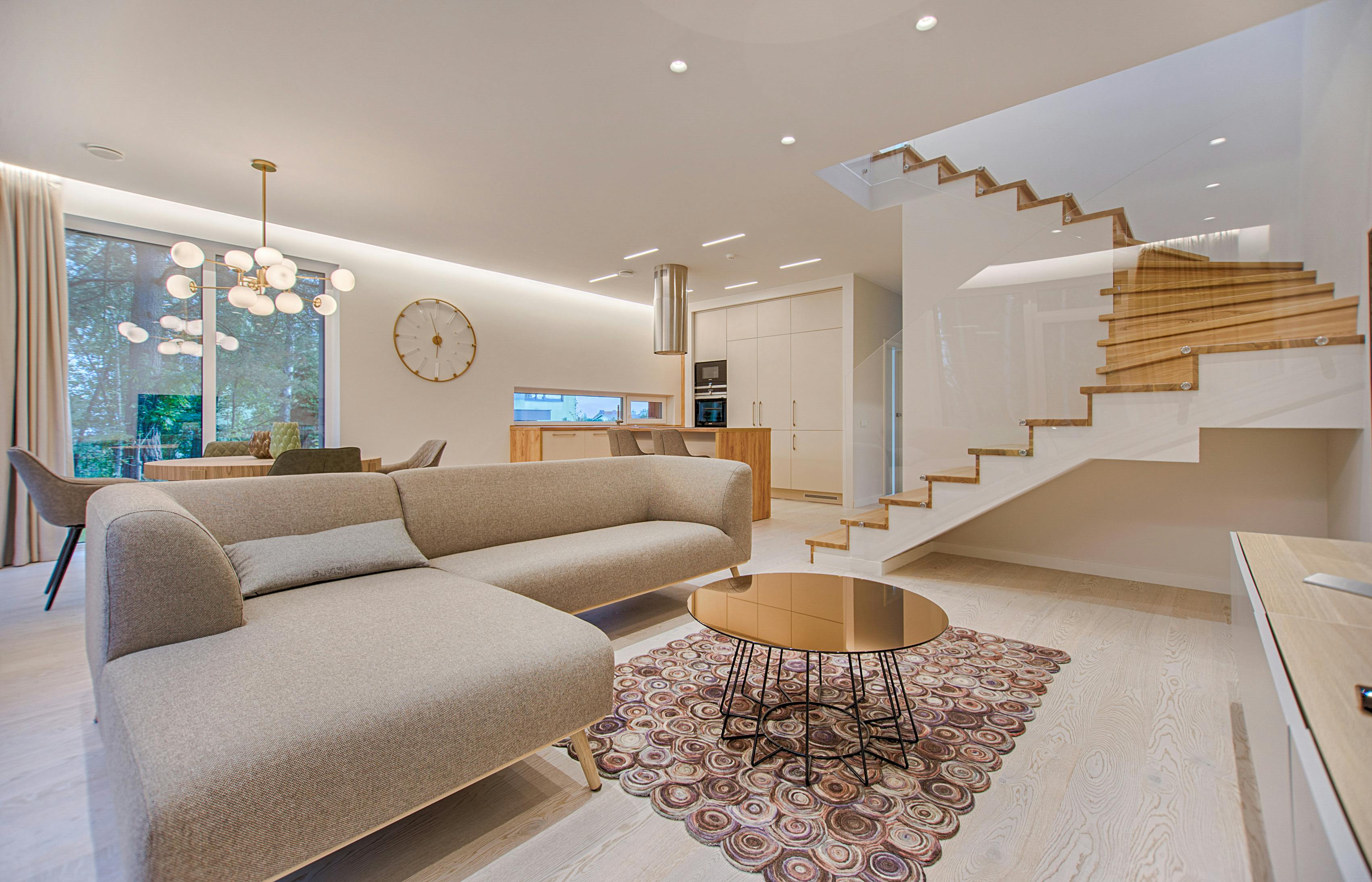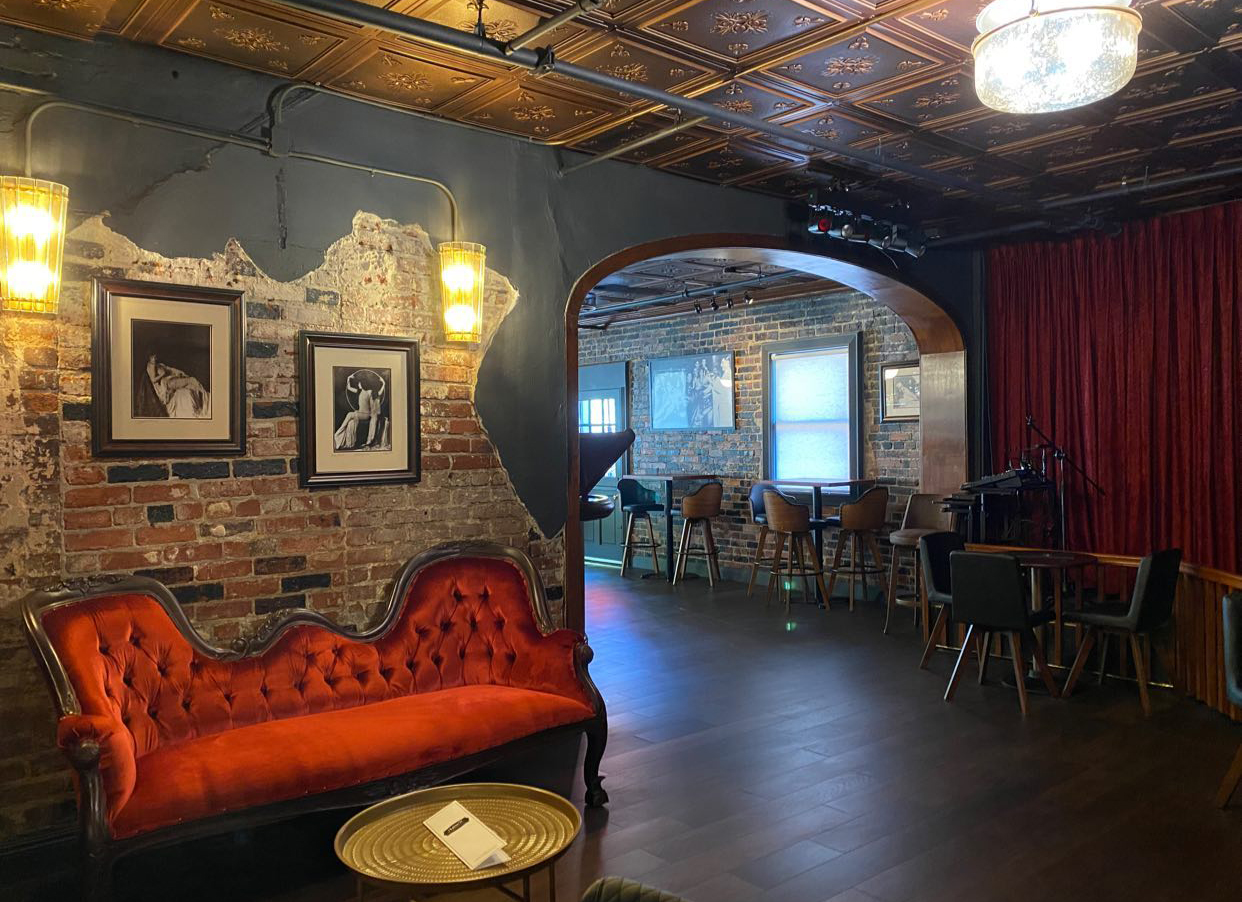The Art and Impact of an Interior Designer: Transforming Spaces with Purpose

Introduction
In today’s fast-paced and visually-driven world, the role of an interior designer has evolved far beyond choosing color palettes and arranging furniture. Interior designers are visionary professionals who blend art, science, and practicality to create spaces that not only look stunning but also enhance functionality and well-being. Whether designing a cozy home, a dynamic office, or a luxurious hotel, interior designers play a pivotal role in shaping how we experience our environments.
What Does an Interior Designer Do?
At its core, interior design is about understanding how people interact with their surroundings. An interior designer is trained to improve the quality of interior spaces by making them more functional, aesthetically pleasing, and tailored to the needs of their users.
Their responsibilities typically include:
Space Planning: Evaluating how a room is used and optimizing its layout for flow, efficiency, and purpose.
Design Conceptualization: Creating mood boards, color schemes, and style guides that reflect the client’s personality or brand.
Material and Finish Selection: Choosing flooring, fabrics, lighting, wall treatments, and furnishings that align with the vision.
Project Coordination: Working with architects, contractors, and suppliers to ensure that the design is executed properly.
Budget Management: Selecting materials and resources that meet aesthetic goals while staying within financial constraints.
The Skill Set of a Successful Interior Designer
To thrive in the world of interior design, a professional must possess a wide range of skills, including:
Creativity: Interior designers need to see possibilities where others see problems. Their creative thinking helps transform dull spaces into visually engaging experiences.
Communication: Designers must effectively convey their ideas to clients, contractors, and vendors. Listening skills are equally important to understand the client’s needs and preferences.
Technical Knowledge: Proficiency in software like AutoCAD, SketchUp, or Adobe Creative Suite is essential for creating design plans and 3D renderings.
Attention to Detail: From the shade of paint to the direction of wood grain, every detail contributes to the final ambiance of a room.
Problem Solving: Interior design projects often come with unexpected challenges—be it a structural issue or a sudden change in budget. Flexibility and resourcefulness are key.
Why Hiring an Interior Designer Is a Smart Investment
While some people enjoy decorating their own spaces, hiring a professional interior designer brings added value and peace of mind. Here’s why:
Time-Saving: Designers streamline the process, from concept to execution, avoiding costly mistakes and delays.
Expert Guidance: With a trained eye, designers offer solutions you may not have considered, ensuring the space reflects your lifestyle or business identity.
Increased Property Value: Thoughtful interior design can enhance resale value. A well-designed home or commercial space can attract buyers or clients more quickly.
Access to Resources: Designers have connections with trusted suppliers, craftsmen, and vendors that aren’t always available to the public.
Interior Designers vs. Interior Decorators
It’s a common misconception that interior designers and decorators are the same. While both work with aesthetics, their roles differ significantly.
Interior designers are involved in structural planning, spatial design, and often collaborate on architectural decisions. They typically have formal education and may be licensed, depending on the region.
Decorators, on the other hand, focus purely on the visual aspects—such as furniture, fabrics, and accessories—without altering the physical structure of a space.
Trends in Modern Interior Design
Interior design is a dynamic field, continually influenced by technology, culture, and sustainability. Some of today’s leading trends include:
Biophilic Design: Incorporating natural elements like plants, water features, and natural light to improve well-being.
Minimalism: Focusing on simplicity, clean lines, and functional decor to create serene environments.
Smart Homes: Integrating technology for lighting, climate control, and security for a more intuitive living experience.
Sustainable Design: Using eco-friendly materials and practices that reduce environmental impact without sacrificing style.
How to Choose the Right Interior Designer
Finding the right designer can make all the difference in achieving your vision. Here are a few tips:
Check Portfolios: Look for work that resonates with your taste and requirements.
Set Clear Goals: Communicate your budget, timeline, and must-haves upfront.
Ask Questions: Inquire about their process, preferred vendors, and past client experiences.
Build Trust: A good designer-client relationship is built on collaboration, openness, and mutual respect.
Conclusion: Designing a Better Life
An interior designer doesn’t just enhance a room—they elevate your daily life. Through thoughtful planning, creative expression, and a deep understanding of human behavior, they craft spaces that reflect who you are and support how you live or work.
Whether you're redesigning a home, launching a business, or simply refreshing a room, an interior designer can help turn your vision into a beautiful, functional reality. In a world where our environments impact our moods, productivity, and well-being, investing in good design is truly investing in a better life.
Read More Blogs: Visit here
Note: IndiBlogHub features both user-submitted and editorial content. We do not verify third-party contributions. Read our Disclaimer and Privacy Policyfor details.




